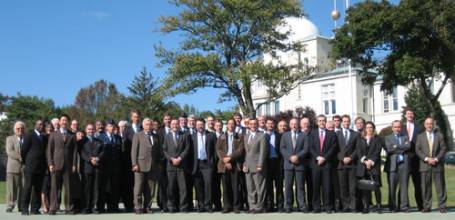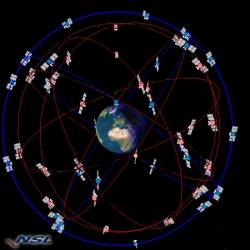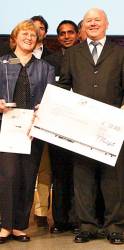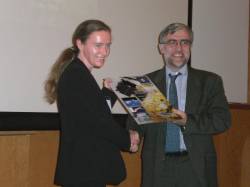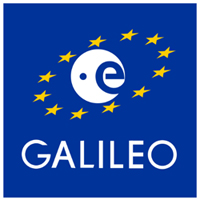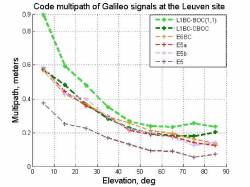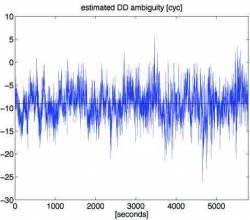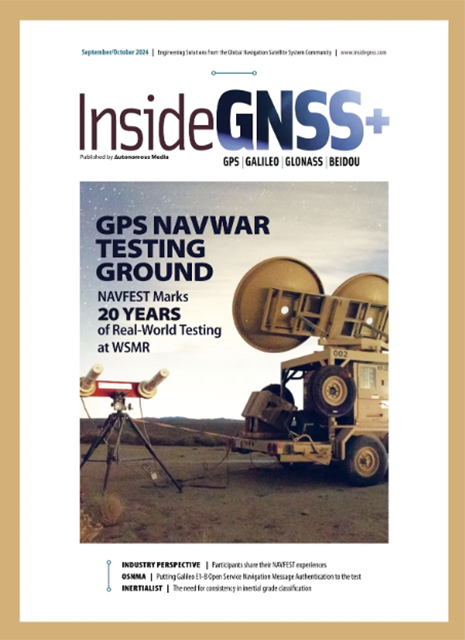September 18, 2008
The European GNSS Supervisory Authority has awarded Logica, a UK-based IT and business services company, a framework contract for the provision of security for the Galileo program.
The framework contract will run for up to four years and will enable the GSA to procure specialist support for the analysis and definition of security aspects related to Galileo with a shortened procurement cycle. It was awarded after a competitive tender and positions Logica as the preferred supplier for Galileo security, according to the company.
Read More >
By Inside GNSS




